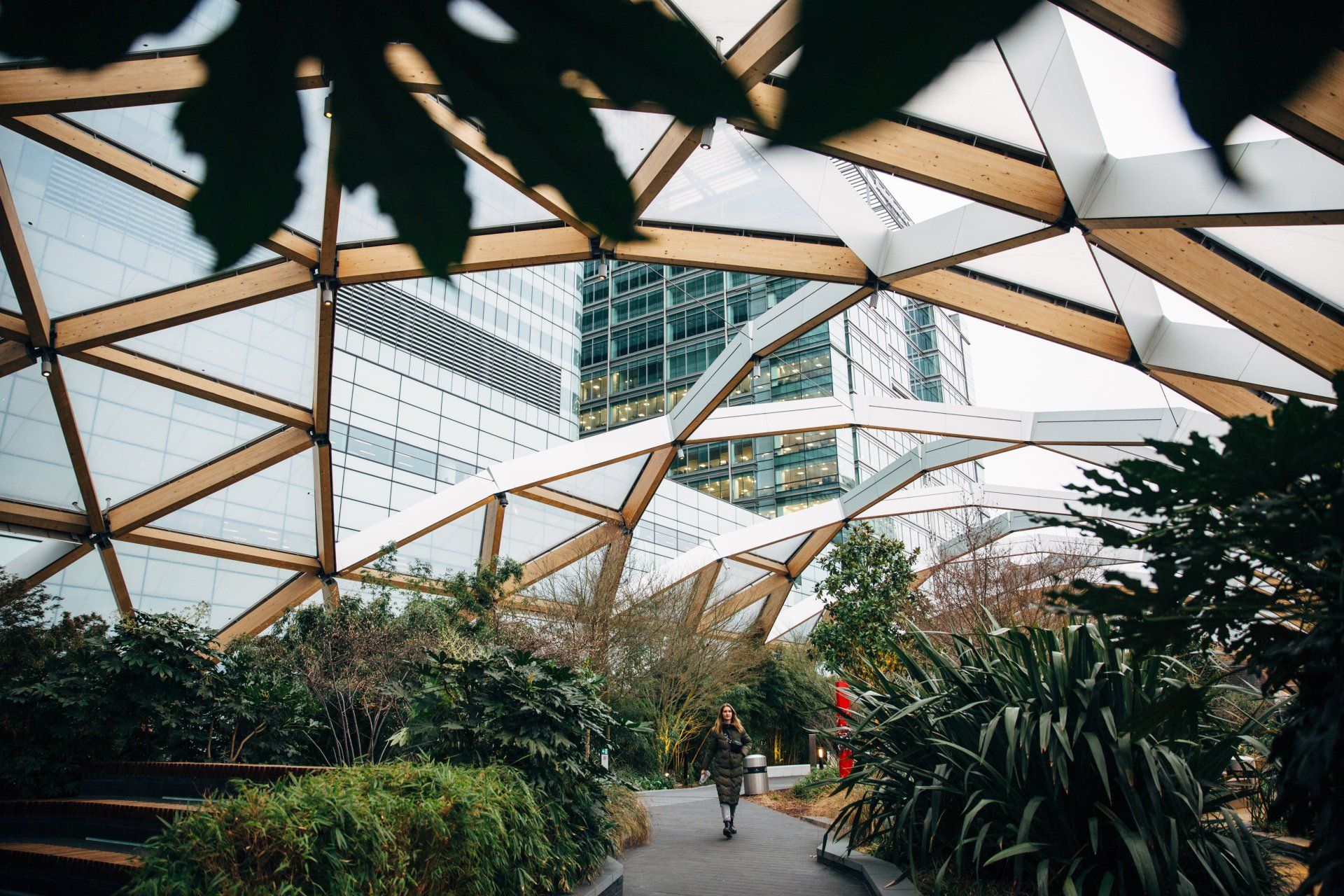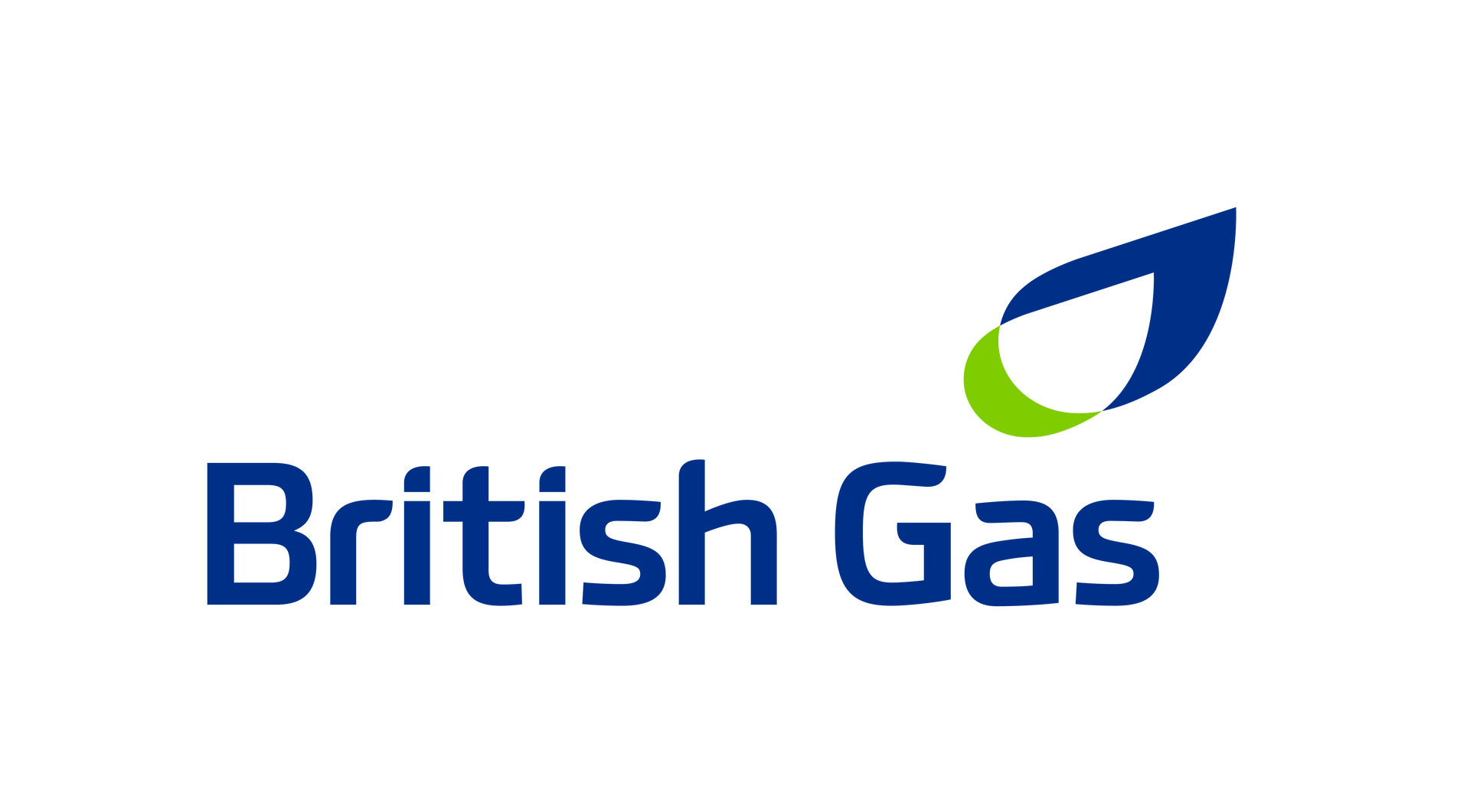Its new report states that the 1.5°C aim for global warming is under heavy threat
For global warming to be limited to 1.5°C, the carbon dioxide being released into the atmosphere must drop by 20% in the next five years, according to a new report from the Met Office. There must also be another 50% drop before 2050 for there to be any chance of keeping the Paris agreements aims alive.
The study reveals that when initial measurements were taken on carbon levels in 1958, the annual rise of carbon dioxide in the atmosphere was one part per million (ppm) and the overall concentration was 316ppm. During the last decade, the annual rise has more than doubled to 2.5ppm, with the overall concentration level reaching an average of 416ppm in 2021. The study alludes to the IPCC report’s claims that maintaining course for 1.5°C would mean cutting this to 2ppm each year- 20% less than last year’s annual rise.
Nature can also play a part in the rise of carbon in the atmosphere due to carbon sinks, but that this is all more reason to crackdown on human-induced global warming says the report. This year, this is expected to do some of the work to mitigate carbon, with ecosystems such as tropical forests expected to take more carbon dioxide from the atmosphere than usual – but the Met Office warns this should not be seen as a free pass.
Lead author Professor Richard Betts commented: “If the world is to meet ambitious targets within the Paris Agreement, the long-term build-up of carbon dioxide in the atmosphere needs to slow rapidly and come to a halt before mid-century.
“This would need an immediate slowing in the rate that human-induced carbon-dioxide emissions are added to the atmosphere, leading rapidly to a complete stop. A temporary boost from nature is obviously welcome, but we won’t get this free dividend in most years."
British Gas Business
As the UK makes it's way towards net zero, don't let your business be left behind. Discover more about how we can help you become sustainable below

